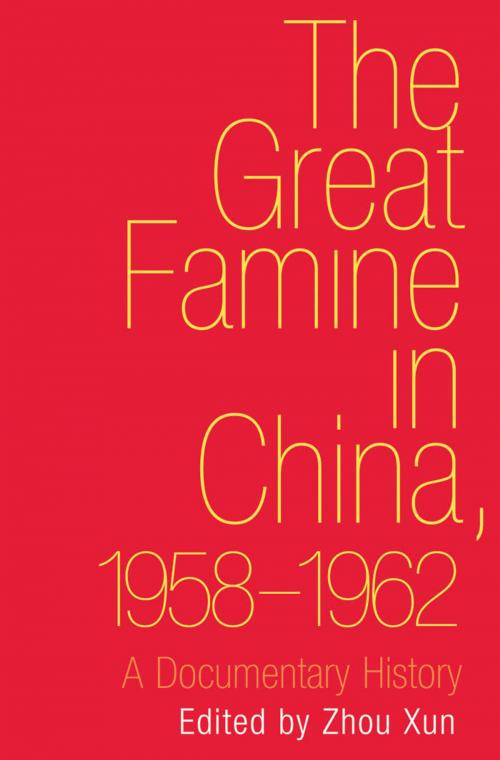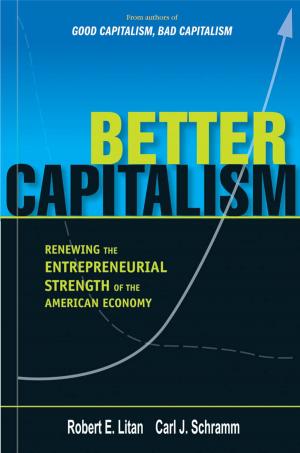The Great Famine in China, 1958-1962: A Documentary History
Nonfiction, Social & Cultural Studies, Political Science, Government, Communism & Socialism, History, Asian, China, Modern, 20th Century| Author: | Xun Zhou | ISBN: | 9780300183580 |
| Publisher: | Yale University Press | Publication: | June 26, 2012 |
| Imprint: | Yale University Press | Language: | English |
| Author: | Xun Zhou |
| ISBN: | 9780300183580 |
| Publisher: | Yale University Press |
| Publication: | June 26, 2012 |
| Imprint: | Yale University Press |
| Language: | English |
Beginning soon after the implementation of the policies of the Great Leap Forward of 1958-1961, when the drive to collectivize and industrialize undermined the livelihoods of the vast majority of peasant workers, China's Great Famine was the worst famine in human history. In addition to claiming more than 45 million lives, it also led to the destruction of agriculture, industry, trade, and every aspect of human life, leaving large parts of the Chinese countryside scarred forever by human-created environmental disasters.
Drawing on previously closed archives that have since been made inaccessible again, Zhou Xun offers readers, for the first time in English, access to the most vital archival documentation of the famine. For some time to come this documentary history may be the only publication available that contains the most crucial primary documents concerning the fate of the Chinese peasantry between 1957 and 1962. It covers everything from collectivization and survival strategies, including cannibalism, to selective killing and mass murder.
Beginning soon after the implementation of the policies of the Great Leap Forward of 1958-1961, when the drive to collectivize and industrialize undermined the livelihoods of the vast majority of peasant workers, China's Great Famine was the worst famine in human history. In addition to claiming more than 45 million lives, it also led to the destruction of agriculture, industry, trade, and every aspect of human life, leaving large parts of the Chinese countryside scarred forever by human-created environmental disasters.
Drawing on previously closed archives that have since been made inaccessible again, Zhou Xun offers readers, for the first time in English, access to the most vital archival documentation of the famine. For some time to come this documentary history may be the only publication available that contains the most crucial primary documents concerning the fate of the Chinese peasantry between 1957 and 1962. It covers everything from collectivization and survival strategies, including cannibalism, to selective killing and mass murder.















